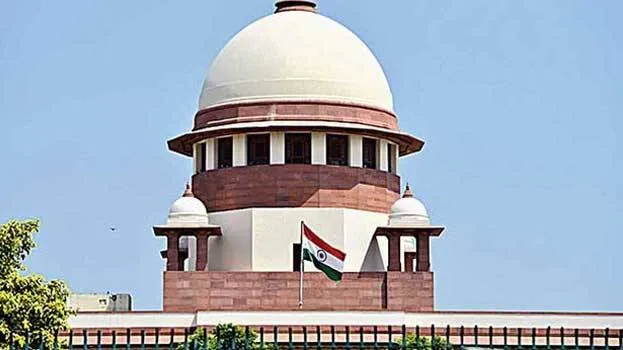

NEW DELHI: The Supreme Court has once again criticized the Governors for their endless delay in taking action on the bills passed by the Assembly, saying that the action of the Governors cannot be justified in any way. The opinion of the five-judge Constitution Bench headed by Chief Justice B.R. Gavai was against the delay of more than six months. The Constitution stipulates that 'decisions should be taken as soon as possible'. Delaying it indefinitely is going against the very purpose of the architects of the Constitution.
The Supreme Court had announced its verdict in the case between the Tamil Nadu Governor and the government, setting a time limit for the President and the Governor to take a decision on the bills. The hearing was held on whether the reference sent by the President to the Supreme Court would stand. The Chief Justice clarified that the court will not make any comments regarding the verdict in the Tamil Nadu case.
The President raised 14 questions in the reference, including: If the Constitution does not specify a time limit for the President to take a decision on bills, can he do so through judicial orders? What are the limits to the special powers given to the Supreme Court by Article 142 of the Constitution?
The hearing will continue on September 2.
Super chief minister
The Tamil Nadu government argued that accepting that the Governors can withhold assent even to money bills would lead to a situation in which the governor will become a 'super chief minister'. The governor's position is not above the government. If that happens, it will be like having two swords in one scabbard. This is an obstacle to the elected chief minister from functioning democratically, said Advocate Abhishek Manu Singhvi, appearing for Tamil Nadu.
Centre opposes state petition
Solicitor General Tushar Mehta, appearing for the central government, opposed the stand of the states filing writ petitions against the President and the governors. "Such petitions are not constitutional. State governments do not have fundamental rights, and therefore cannot demand that they be protected."
When the Chief Justice asked whether the Governor is a representative of the central government, the Solicitor General replied that the Governor acts on the advice of the state cabinet, not the central cabinet. An answer to the President's question on whether states have the authority to file such writ petitions was also demanded.